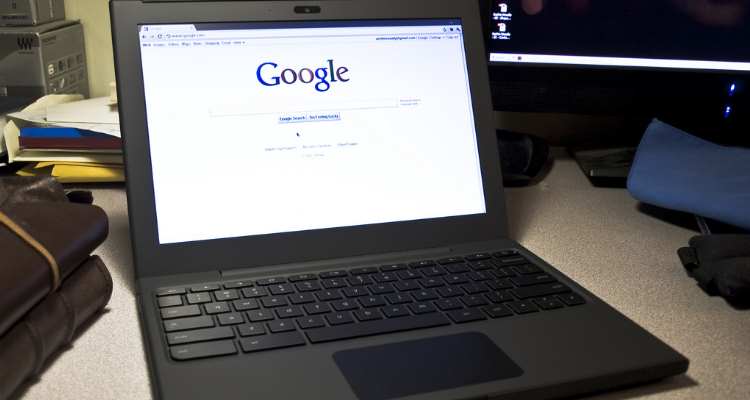The explosion of social media, smartphones, and tablets has created a society that spends a large part of its day online—even surpassing television. In fact, “the average young person ages 8–18 consumes 7.5 hours of media per day outside of school.” But because of our constant activity online, we are all leaving behind a “digital footprint,” which can be especially dangerous to kids and teens.
A digital footprint is the information left behind from the gamut of online activities, including email, photo and video uploads, and social networks—which are one of the top sources of digital footprints.
If not maintained properly, kids’ digital footprints can have upsetting effects on their future. A Kaplan survey found that “27% of admissions officers checked Google and 26% looked on Facebook as part of their applicant-review process, and thirty-five percent of those doing so—compared with 12% in 2011—found material that negatively impacted their view of a student.”
While kids might not yet understand the potential impact of their digital footprint, it’s still important to talk to them now and help ensure they have a positive online reputation. Here are five tips on what to say to your kids about their digital footprint:
1. Think before you post. Are you saying things that you wouldn’t necessarily say to someone’s face? Is it mean or disrespectful? You shouldn’t be posting things that can be considered bullying, blackmail, an insult, or afflicting harm on others. In short, treat others as you would want to be treated.
2. Avoid inappropriate pictures. Don’t post anything that could embarrass you later. Something may be funny now, but if found by the wrong person, could damage your reputation. This is especially important for teenagers who may be participating in risky behavior that would cause a potential employer or college to think twice about them.
3. Information can be permanent. Educational Technology and Mobile Learning advises, “Always keep in mind that once information has been posted online, it can be almost impossible to remove because of archiving and file sharing. Even though you deactivate your accounts, the information may still be retrieved by others.”
4. Lock down privacy settings. Many social media sites allow you to choose how secure you want your account to be. For example, on Facebook, you can choose not to be searchable and to only have your friends able to view your full profile.
5. Google yourself. This could be the first step that employers and colleges take when considering your application. It’s important for you to understand what they might find and try to remove anything damaging if possible.
McAffee suggests having your kids ask themselves these questions before posting anything:
- Is this something you really want everyone to know that about you?
- What do you think this photo communicates about you (use adjectives)?
- Have you considered what the parents of your friends, a teacher or a coach might think of you or your friend if they saw that post?
- How do you think that person would feel if he or she saw your post about them a few years from now?
There are also important things to keep in mind when considering your kid’s overall internet safety. Read some helpful tips here.





































